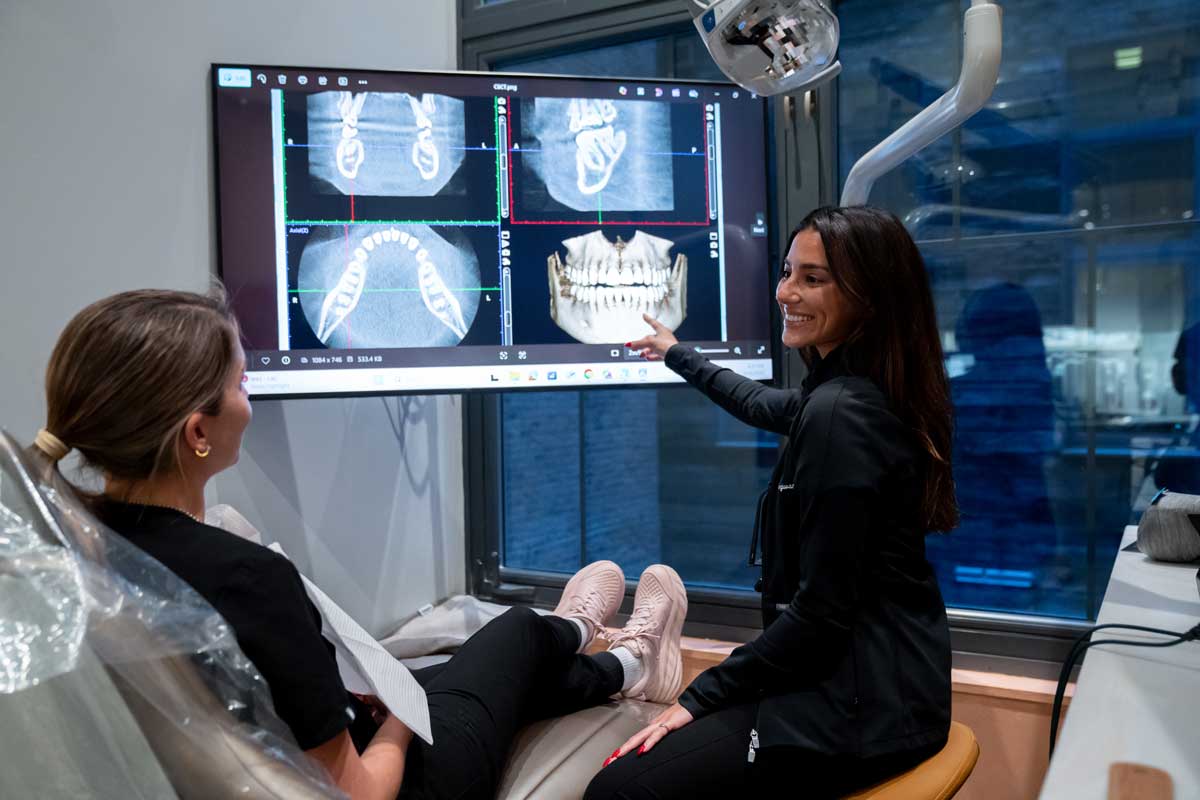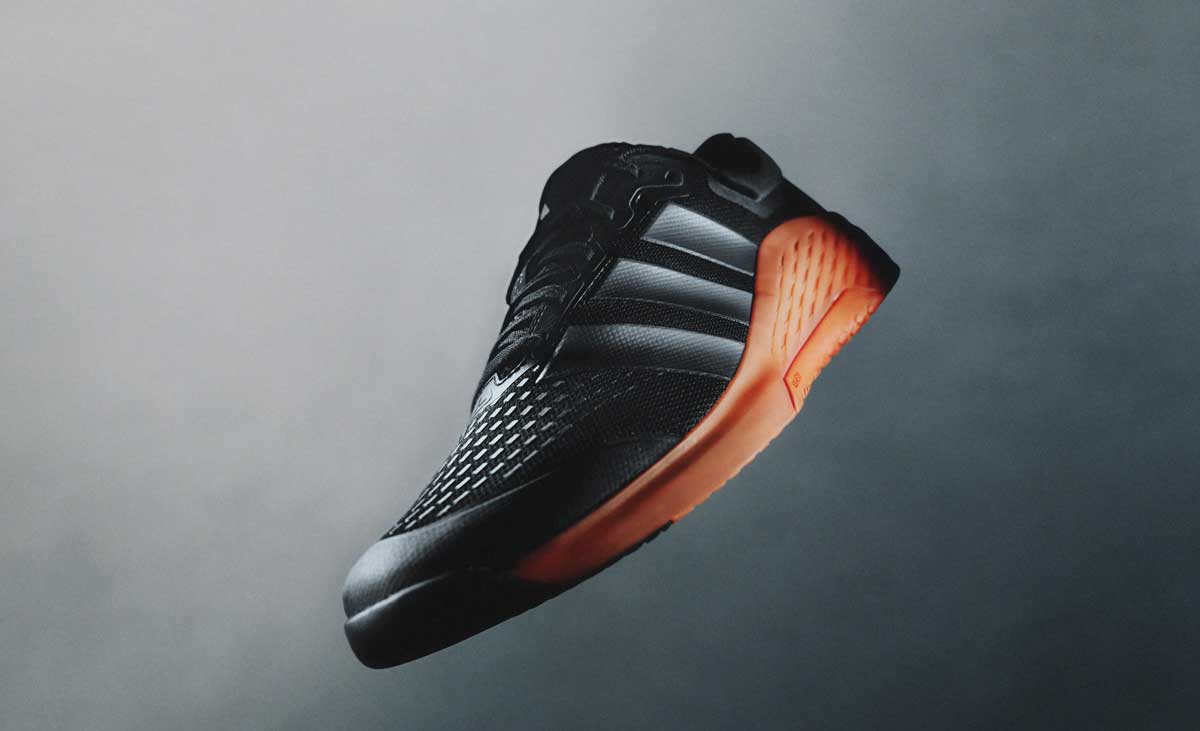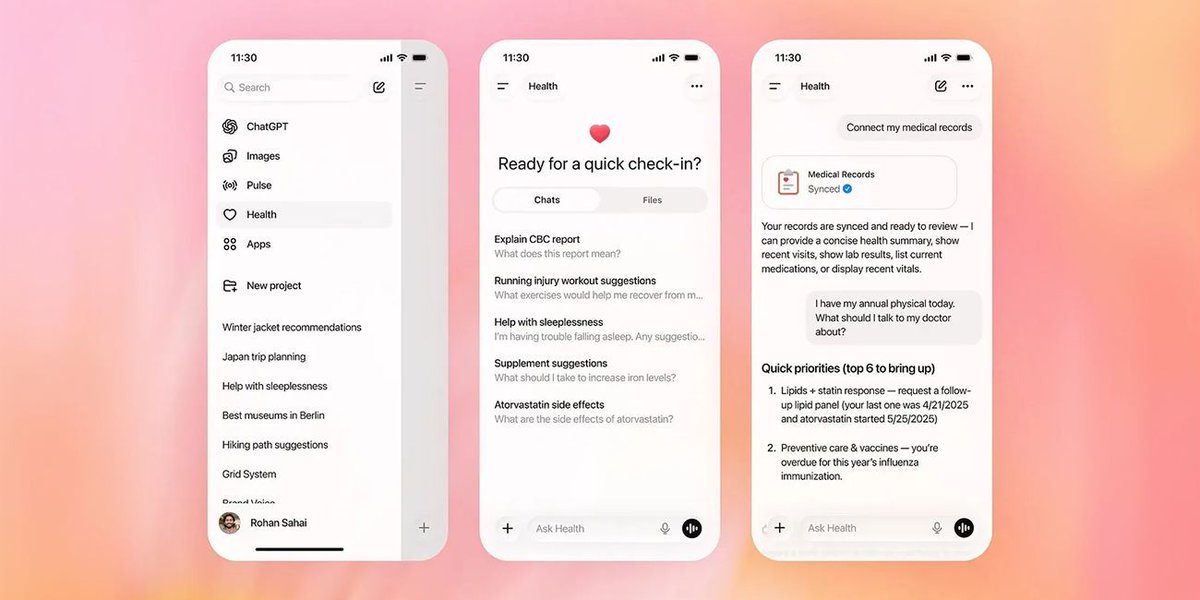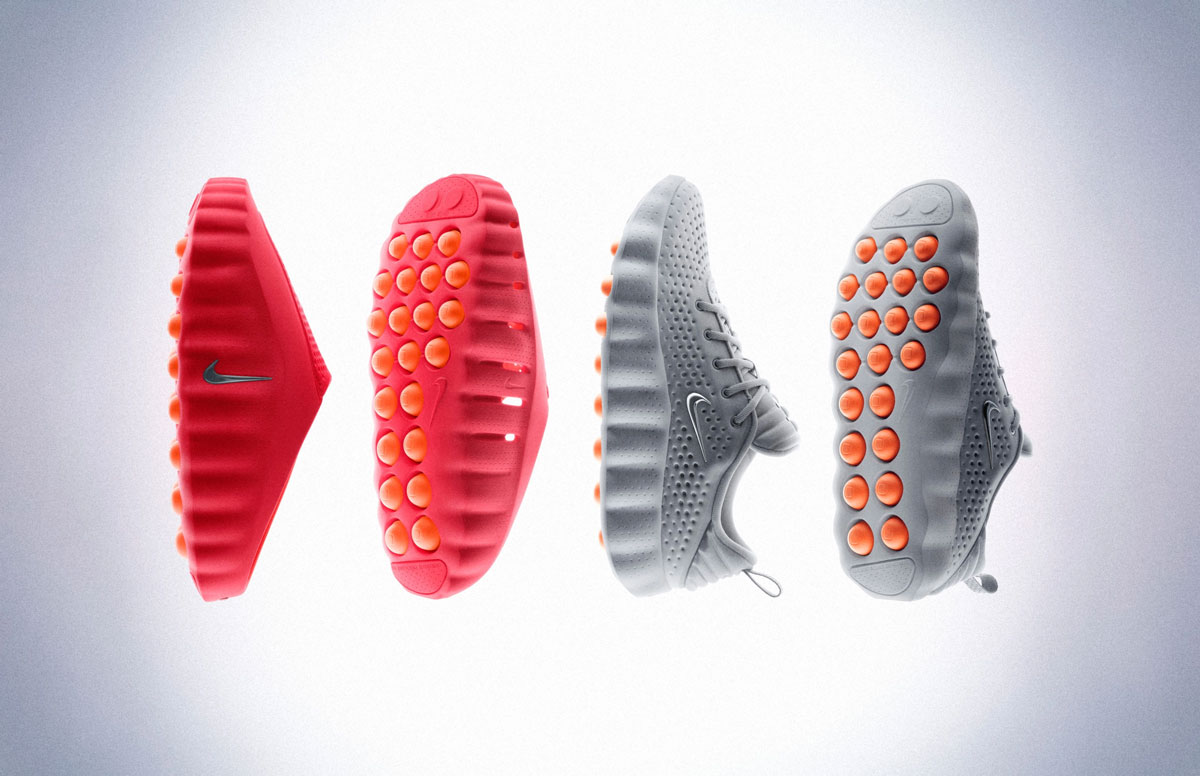The benefits of electrolytes, according to a registered dietitian and nutritionist
Most athletes are well acquainted with electrolyte drinks and powders, but these nutrients do much more than help you rehydrate post-workout. In fact, it’s fair to say that every cell in your body relies on electrolytes for optimal function.
But how do electrolytes work in your body, and what physiological functions rely on these minerals?
Read on for an overview of what electrolytes are, how they work, and how they benefit overall health.
Meet the experts
In this guide you’ll hear from the following experts:
- Sarah Wragge: Nutrition advisor to Kroma and founder and chief nutritionist of Sarah Wragge Wellness.
- Matt Mazzino: Registered dietitian (RD), at Gainful, and licensed dietitian in OH (LD), based in Cincinnati, Ohio.

Matt Mazzino, registered dietician at Gainful and Sarah Wragge, nutrition advisor to Kroma.
What are electrolytes?
Matt Mazzino, a Registered Dietitian at Gainful, explains that, “Electrolytes are minerals that have an electrical charge when dissolved in water. They are essential minerals that are needed for various bodily functions and overall hydration.”
Due to their chemical makeup, electrolytes help your body conduct electricity, making them vital for nerve and muscle function. These minerals also play a role in fluid balance, which is why we always hear about electrolytes when discussing optimal hydration.
Sarah Wragge, Nutrition Advisor to Kroma, adds, “Electrolytes are essential in our body for water retention, healthy blood pressure, nerve signaling, and muscle contraction. They ensure your body is functioning optimally.”
Types of electrolytes
While your body requires several minerals for optimal health, only a handful are considered electrolytes. These include:
- Sodium – maintains extracellular fluid balance, conducts nerve impulses, and assists with muscle contraction and relaxation.
- Potassium – maintains intracellular fluid balance, helps regulate muscle contractions, and activates cell and nerve functions.
- Chloride – regulates fluid and nutrients moving in and out of cells, stimulates muscle and nerve cells, assists the flow of oxygen and carbon dioxide, and maintains proper pH in your body.
- Calcium – assists in skeletal mineralization, nerve transmission, muscle contraction, hormone section, and blood clotting.
- Magnesium – involved in muscle contraction, nerve impulse conduction, blood pressure, blood glucose control, and energy production.
Benefits of electrolytes
“Being properly hydrated extends beyond just water,” says Matt Mazzino. “Electrolytes serve several crucial purposes, such as pH regulation, fluid balance, muscle function, and nerve signaling.”
Electrolyte imbalances, Mazzino says, can cause negative side effects like fatigue, headaches, muscle cramping, and decreased athletic performance. “On the other hand, being adequately hydrated and having proper electrolyte balance can help maintain energy, regulate your body temperature, reduce dehydration and cramping, and help with workout recovery,” he adds.
Here are more details on the benefits of electrolytes:
Hydration and physical performance
Electrolytes, particularly sodium, potassium, and chloride, play vital roles in helping your body maintain an optimal fluid balance. That’s why water alone isn’t enough to keep your body hydrated; you also need the correct balance of electrolytes to ensure that the water you drink ends up in the right place.
When exercising, particularly if you’re working hard, your body naturally loses water and electrolytes in sweat. Since electrolytes play an important role in muscle function, when you become dehydrated, your performance may tank.
Therefore, consuming enough electrolytes keeps you hydrated by replenishing minerals and can directly impact your performance by giving your muscles the required nutrients.
The American College of Sports Medicine recommends pre-hydration before any strenuous activity to prevent dehydration that could compromise performance.
Can help combat illness
While drinking or eating may be the last thing on your mind when you’re feeling sick, staying hydrated is crucial. Many illnesses can cause excess water loss through symptoms such as vomiting, diarrhea, and sweating, leaving your body lacking essential electrolytes.
Why does this matter?
Your immune system requires electrolytes to function optimally. Calcium and magnesium, in particular, play important roles as messengers for your immune system. When your body is fighting off a cold, virus, or other illness, it requires a good boost of minerals.
Hydration is also vital for the production and movement of lymphatic fluid, which plays an important role in removing bacteria and viruses from the body.
Assists with muscle function
Your muscles can’t contract and relax without the help of electrolytes, which is why staying hydrated during physical activity is so vital. When electrolyte stores diminish through physical activity and excess sweat loss, you may experience muscle fatigue and likely post-exercise muscle cramps.
Calcium and magnesium play particularly important roles in muscle function. They allow muscle fibers to work together, creating contractions that allow you to move. If you experience muscle cramps after working out, you’ve likely diminished your electrolyte stores.
The good news is that rehydrating can help speed up your recovery and fend off muscle cramps that keep you sore the next day.
Assists with nerve function
Electrolytes play an important role in nerve cell communication by assisting in nerve impulses that send messages from your brain to the rest of your body. Your nervous system, as a whole, is highly electrical. Electrolytes help transfer electrical signals between nerve cells, creating a communication pathway.
The influence of electrolytes on your brain in the nervous system is so significant, in fact, that many symptoms of low electrolyte balance manifest neurologically. Some examples include brain fog, muscle spasms, confusion, and, in very severe cases, even seizures.
Helps regulate heart function
Due to their roles in muscle function, nervous system function, and fluid balance, electrolytes are critical in regulating the activity of the heart.
For example, sodium and potassium play crucial roles in regulating blood pressure. These two electrolytes work to balance each other and ensure that blood pressure doesn’t soar too high or go too low. When sodium is overconsumed in the diet, we often see high blood pressure as a result of an imbalance between these two minerals[*][*].
Heart contractions are also directly related to electrolyte activity. When electrolyte balance is off, irregular heartbeat issues like heart arrhythmias or palpitation can occur, which in serious cases may lead to cardiac arrest[*].
Sources of electrolytes
Electrolyte-rich foods
Electrolytes can be found naturally in food, particularly nutrient-rich foods such as the following:
- Bananas (particularly rich in potassium)
- Avocados (also very rich in potassium)
- Spinach
- Kale
- Lentils
- Oranges
- Apricots
- Yogurt (particularly rich in calcium)
- Watermelon
- Strawberries
- Pumpkin seeds (particularly rich in magnesium)
- Tomatoes
- Tofu
- Salmon
Electrolyte drinks
Electrolyte drinks and supplements offer a fast and convenient way to get a hit of electrolytes, especially after an intense workout or when you’ve been out sweating in hot weather. While consuming electrolyte-rich foods regularly can have an overall beneficial effect, sometimes you need a significant boost, and that’s where these drinks can really come in handy.
That said, not all electrolyte supplements are created equal, so there are some things to look out for when choosing the right option for you:
- Sugar content — many electrolyte drinks and powders include added sugar to enhance the taste and provide extra glucose to fuel workouts. Choose products that add five grams of sugar per serving or fewer.
- Artificial ingredients — that bottle of blue liquid full of electrolytes didn’t get that way naturally. Many popular sports drinks on the market today add artificial colors to entice drinkers, but these ingredients are far from healthy. Try to find electrolyte drinks or powders that are naturally colored.
- Artificial flavors — along the same lines, many electrolyte drinks contain artificial flavors to hide the salty taste of electrolytes. While flavor itself isn’t a problem, look out for artificial flavors and opt for naturally flavored alternatives.
Beware of added caffeine—sports drinks frequently contain caffeine to give you an extra hit of energy before your workout. Some people are fine with caffeine, but you don’t want to overdo it. And for those of you who are sensitive to caffeine, always check to ensure that your electrolyte drink is caffeine-free.
When is the best time to consume an electrolyte drink or supplement?
According to Sarah Wragge, “You can drink electrolytes anytime of day. Yet, we definitely recommend that you replace what you lost post workout. Upping your intake of electrolytes after a workout will enhance your recovery as you will be replacing what you have lost.”
Matt Mazzino agrees that you should “try having them before, during, or after workouts, or at other times that you may be more active or sweating more than normal.”
How to maintain a balanced electrolyte level
Maintaining a varied diet of whole foods with plenty of fruits and vegetables is optimal for your everyday electrolyte needs. This will also ensure that your body gets a nice mix of the other non-electrolyte minerals as well as your vitamins.
Generally speaking, processed foods are stripped of electrolytes and other vital nutrients, so try to fill your plate with fresh foods as much as possible.
If your body is dehydrated, however, that’s the time to consider an electrolyte drink. You may not even feel the effects of dehydration immediately, but if you’ve been sweating or engaging in intense exercise, your body is likely deficient in much-needed electrolytes.
The sooner you can replenish your electrolyte stores post-exercise, the faster your body can recover and help you bounce back from your workout.
Takeaway
An electrolyte imbalance can impact every cell, muscle, and tissue in your body.
Due to their electrical charge, these minerals assist in cellular communication, nervous system function, and muscle contraction. They also help maintain fluid balance in your body, leading to proper hydration, blood flow, and lymphatic flow.
Consuming a balanced diet and drinking water are both crucial for keeping your electrolyte stores in balance. That said, these alone may not be sufficient if you’ve experienced a lot of fluid loss from exercise, sweating, or illness.
When you need a good hit of electrolytes, electrolyte beverages can come in handy to replete your stores fast. Just be sure you’re choosing products that focus on natural ingredients, and don’t contain high levels of sugar. And if in doubt, speak to a nutritionist.

 Published on Jun 29, 2024 by
Published on Jun 29, 2024 by 









